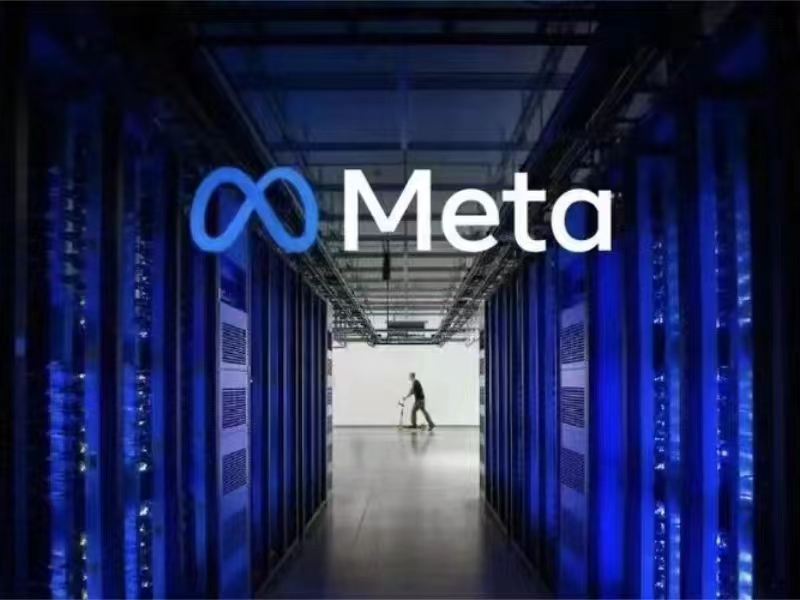- Meta has launched the latest version of its Llama 3 AI model with multilingual capabilities and performances close to the industry’s leading paid models.
- Meta expects the Llama 3 model to outperform the competition within the next year and drive innovation and user engagement by making it freely available to developers.
OUR TAKE
Meta Platforms has released an enhanced version of its Llama 3 AI model which advances significantly in multilingual capabilities and performance, approaching and surpassing paid models in the industry. By making these models freely available to developers, Meta aims to foster innovation and enhance user engagement on its social platform while challenging existing market leaders.
-Rae Li, BTW reporter
What happened
Meta Platforms has released the latest iteration of its AI model, Llama 3, which is the largest version to date. The Llama 3 model boasts multilingual capabilities, enabling it to converse in 8 languages, and demonstrates improved performance in writing high-quality computer code and solving complex mathematical problems compared to its predecessors. With 405 billion parameters, it is significantly larger than last year’s version but still falls short of the models offered by competitors such as OpenAI and Amazon. Meta’s CEO, Mark Zuckerberg, anticipates that future Llama models will surpass proprietary competitors by next year.
Meta has also announces its AI chatbot by the Llama 3 model will become the most popular AI assistant by the end of this year. By offering these models to developers at no cost, Meta aims to foster innovation and reduce reliance on potential competitors. Additionally, Meta plans to introduce multimodal versions of the Llama 3 model later this year which will incorporate image, video, and speech functionalities.
Also read: Meta faces EU scrutiny over ‘pay or consent’ model
Also read: Nigeria imposes $220 million fine on Meta for data and privacy violations
Why it’s important
The Llama 3 model released by Meta represents an important advance in the field of AI, especially in multilingual processing and complex problem solving. This indicates Meta;s continued investment and innovation in AI technology development. The release of the Llama 3 model shows how Meta is competing with competitors such as OpenAI in the AI space. By offering performance that approaches or exceeds the industr’s leading paid models, Meta aims to attract developers with a free-to-play strategy that could impact the market landscape and competitive strategy.
At the same time, this move by Meta may have a profound impact on the popularisation and application of AI technology. Making advanced AI models freely available will not only foster innovation in the developer community but may also accelerate the adoption of AI technologies across different industries and domains.

